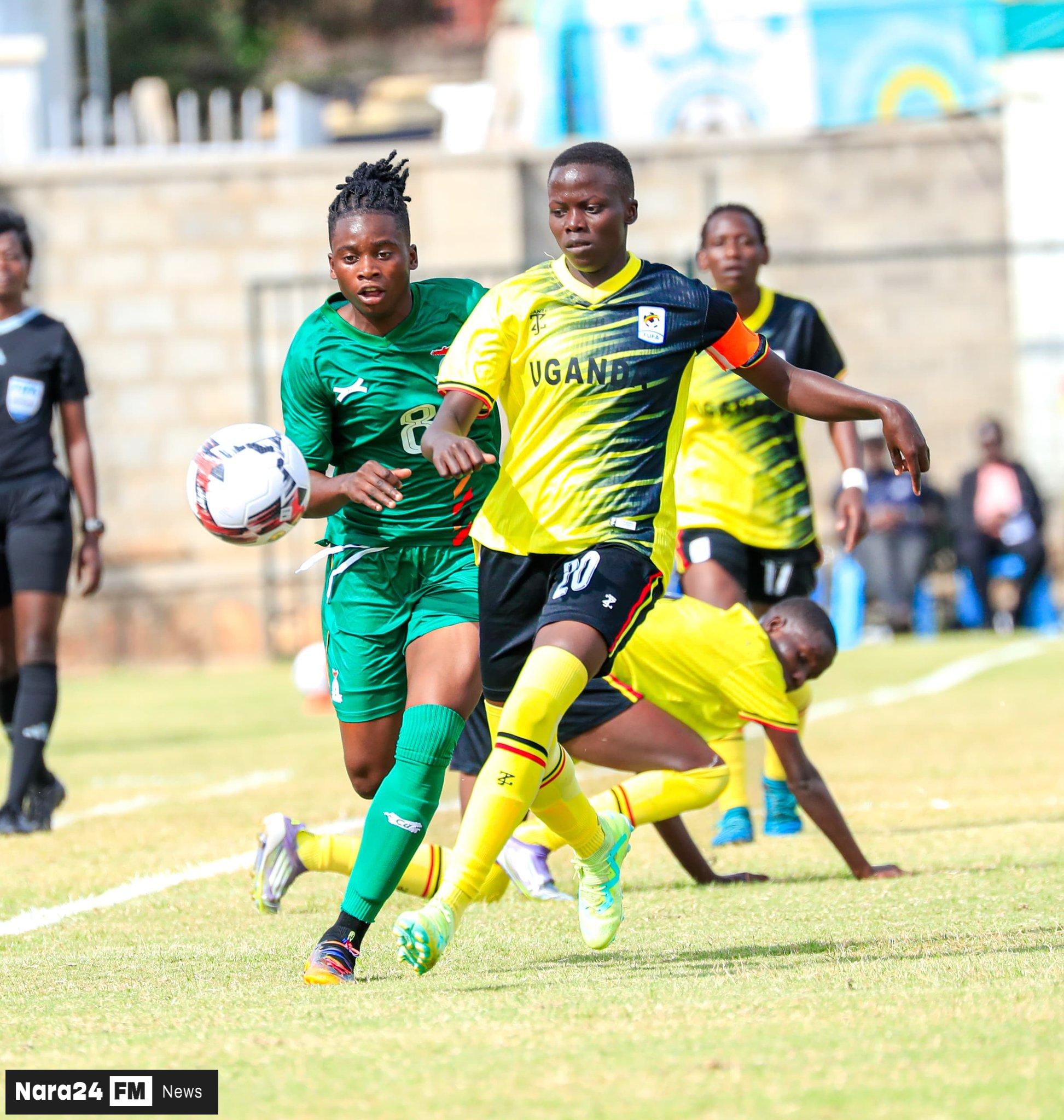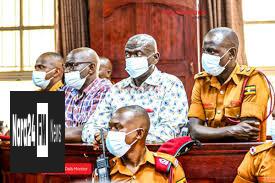
Uganda's U20 Women's Team Advances to Final Qualifying Round with Win Over Zambia
Uganda's U20 women's team has booked a place in the final qualification round of the FIFA U20 Women's World Cup by defeating Zambia.
State's attempt to access Dr. Kizza Besigye's phone data dismissed due to lack of jurisdiction.

In a significant blow to state prosecutors, the Nakawa Chief Magistrate's Court has dismissed an application seeking access to the mobile phones of Dr. Kizza Besigye and Hajj Obeid Lutale, who are facing charges of treason and misprision of treason. The ruling, delivered on Thursday, was based on the Magistrate's assertion that her court lacked jurisdiction over a case already committed to the High Court.
Presiding Magistrate Christine Nantege's decision addressed two key matters: the state's request for access to the accused persons' phone data, and an application from the defense seeking the magistrate's recusal on grounds of alleged bias and misconduct.
Magistrate Nantege firmly stated that her court had no legal authority to entertain the state's application once the case had been committed to the High Court. She emphasized that any new orders or decisions relating to the case now fell solely within the High Court's jurisdiction.
This refusal to grant access to phone data is seen as a major setback for the prosecution, with defense lawyers arguing that the state is clutching at evidence it failed to secure before committing the case. Erias Lukwago, who leads Besigye's legal team, said the state's move revealed deeper flaws in the case.
"The state jumped the gun and committed a file to the High Court without conducting full investigations. Today's ruling has exposed the hollowness of the case—it lacks any nitty-gritties," Lukwago said outside the courtroom. He called on the Director of Public Prosecutions to consider withdrawing the charges entirely.
Magistrate Nantege also declined to rule on the defense's request for her recusal, maintaining that since the case had already moved to the High Court, she no longer had standing to rule on any aspect of it, including concerns about her conduct.
Despite the court victory, both Dr. Besigye and Hajj Lutale remain in detention. Their legal team is now turning its attention to securing their release on mandatory bail. According to Lukwago, a bail application has already been scheduled, but logistical hurdles remain.
The challenge lies in harmonizing the bail application process with the judiciary's internal coordination. While the substantive treason case has been allocated to Justice Baguma of the International Crimes Division, the bail matter is currently under the Criminal Division of the High Court—necessitating cross-division coordination for the matter to proceed.
Magistrate Nantege's decision not only frustrates the state's attempt to acquire what it termed crucial digital evidence, but also raises questions about the thoroughness of the prosecution's early investigation. The defense argues that the state's bid to retrieve phone data now—more than six months into their clients' detention—is a sign of prosecutorial weakness.
For now, the legal fight over the high-profile treason case shifts entirely to the High Court, where the accused are expected to press for bail and challenge the merits of the charges.
Comments (0)
Leave a Comment
Be the first to comment on this article!